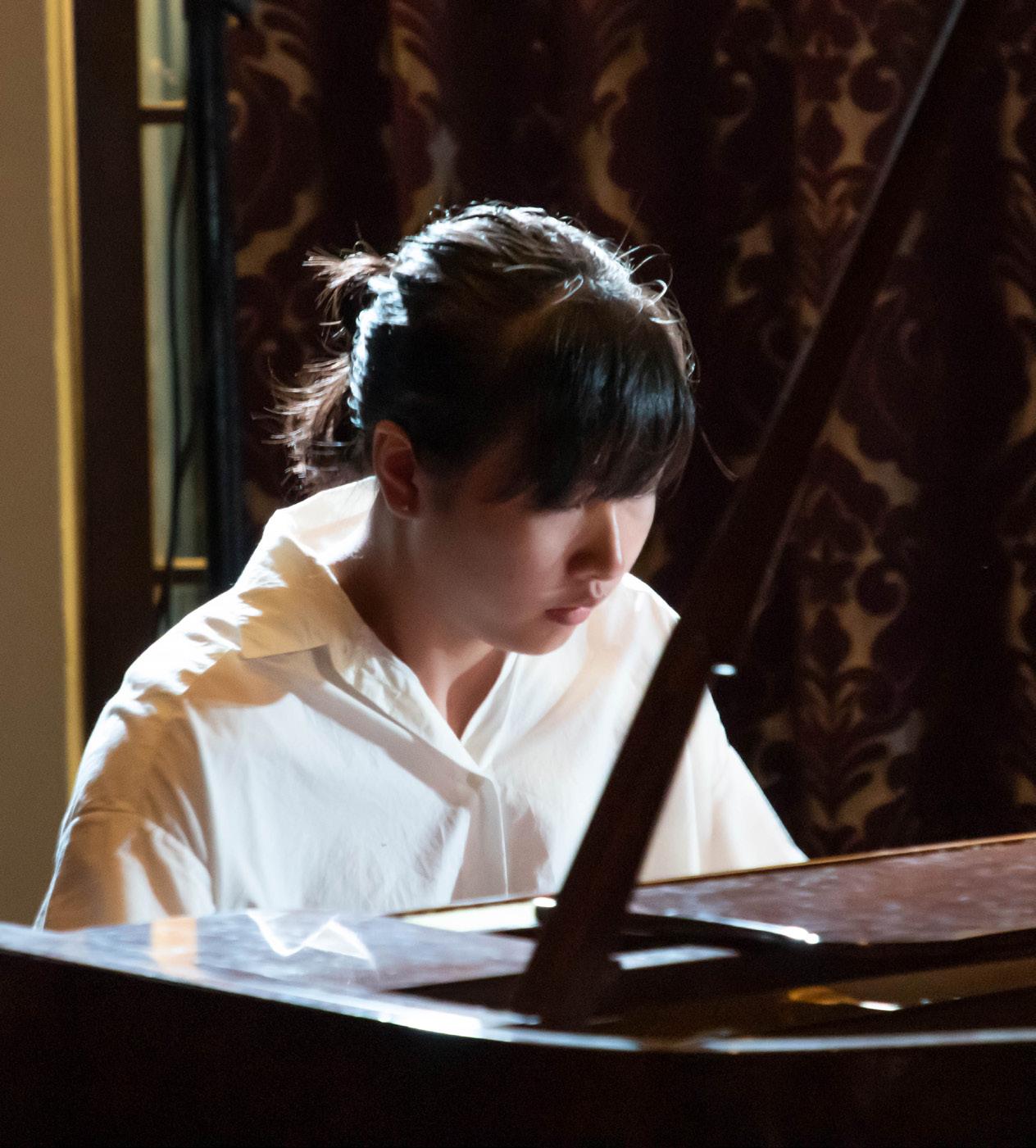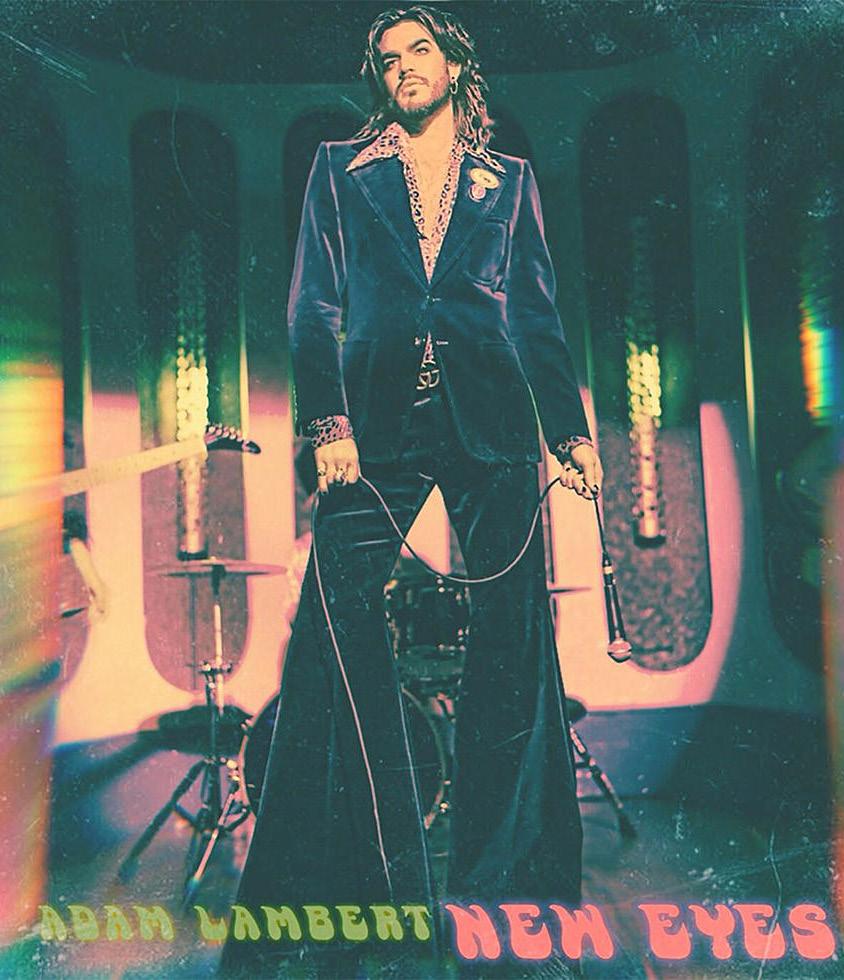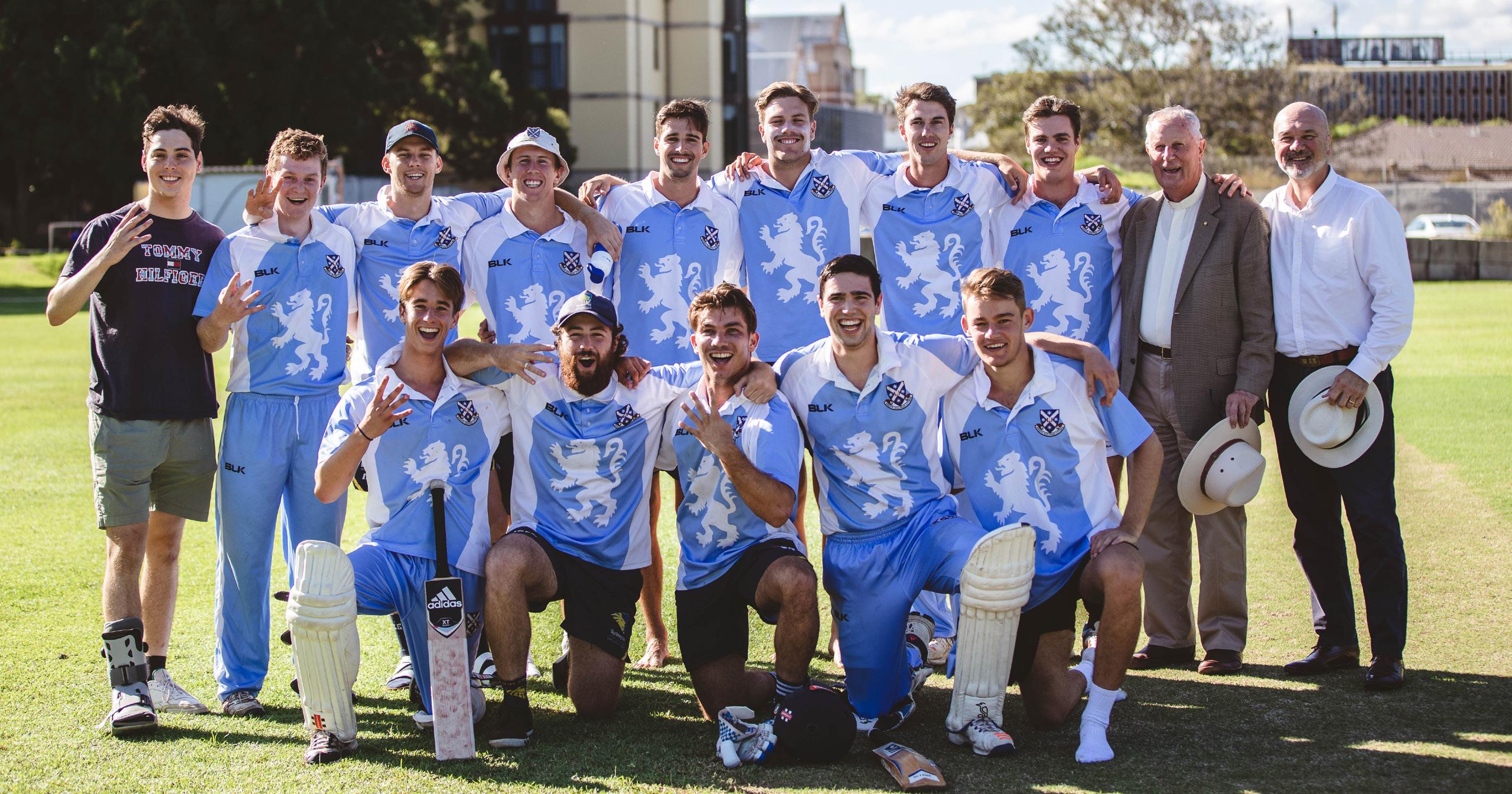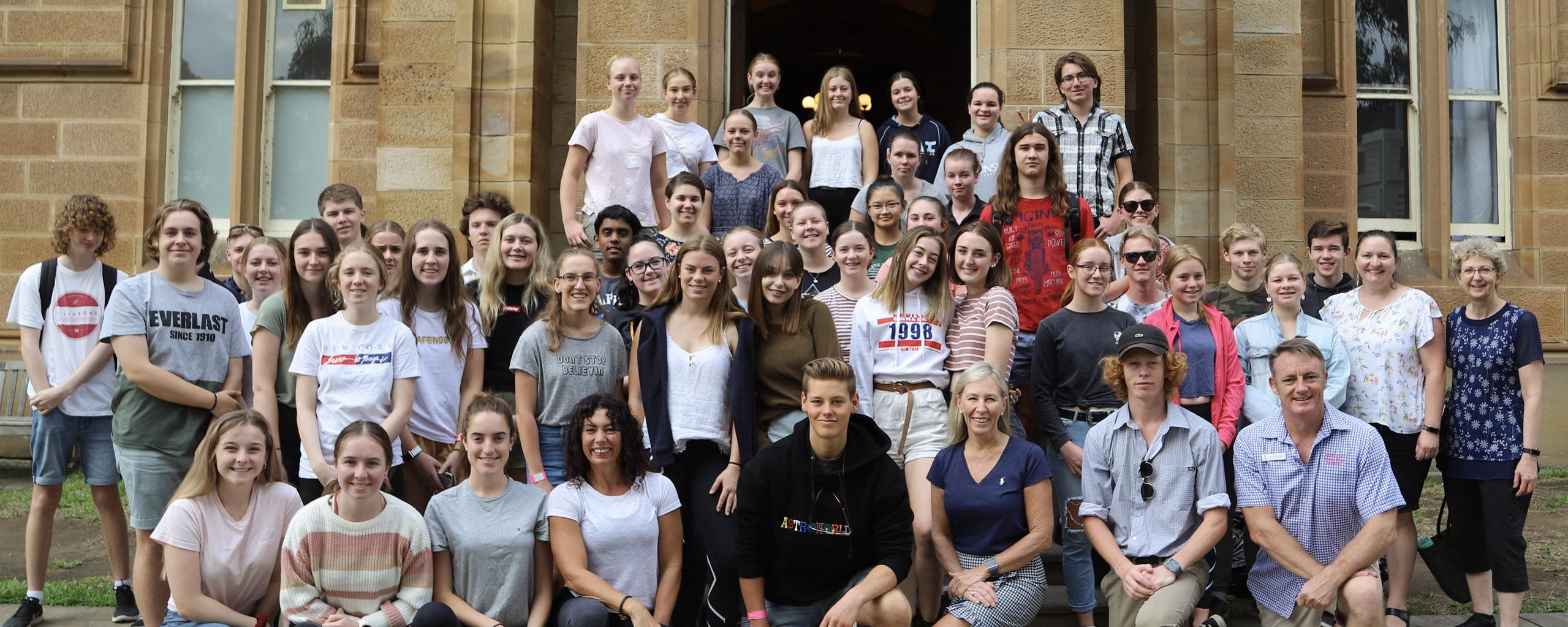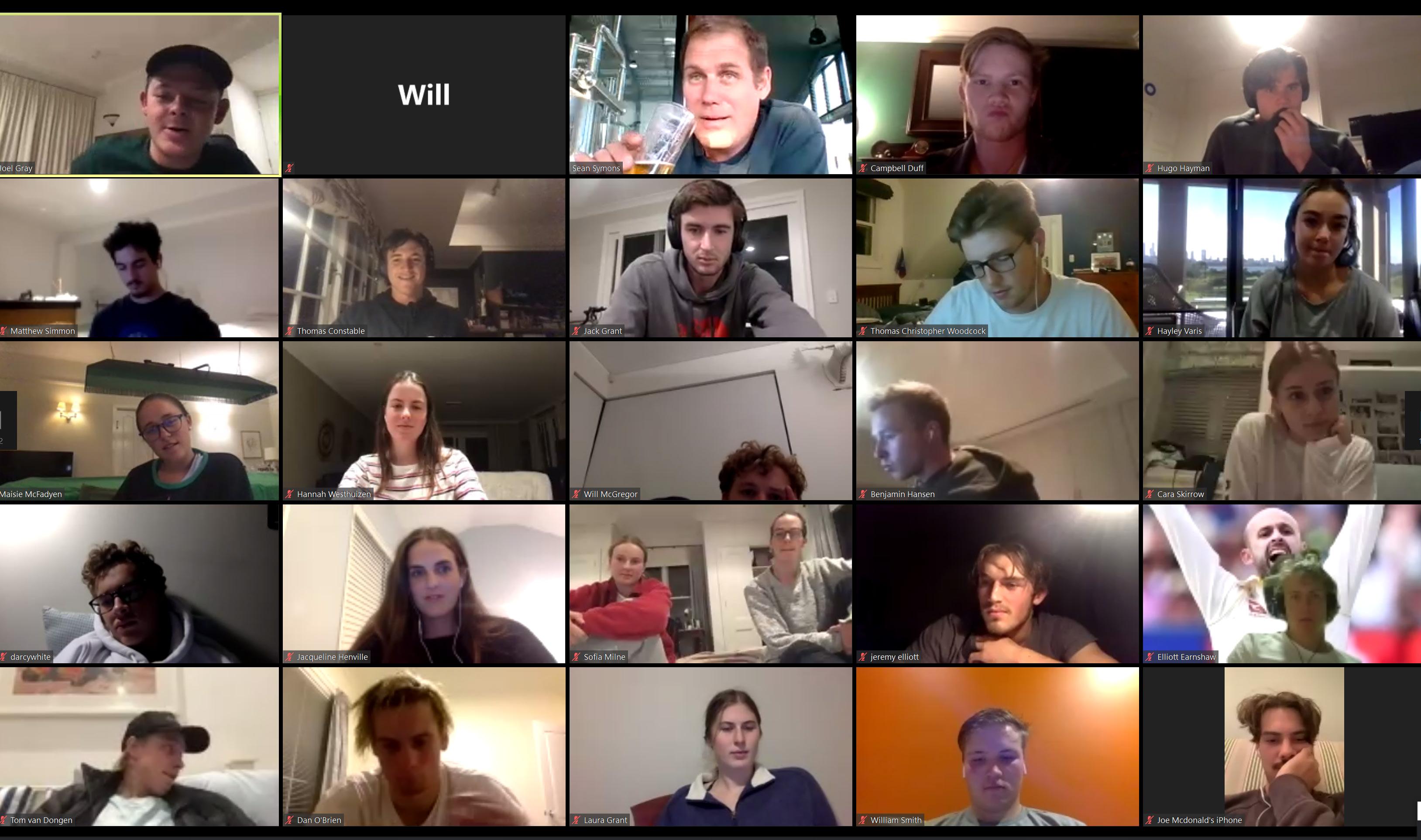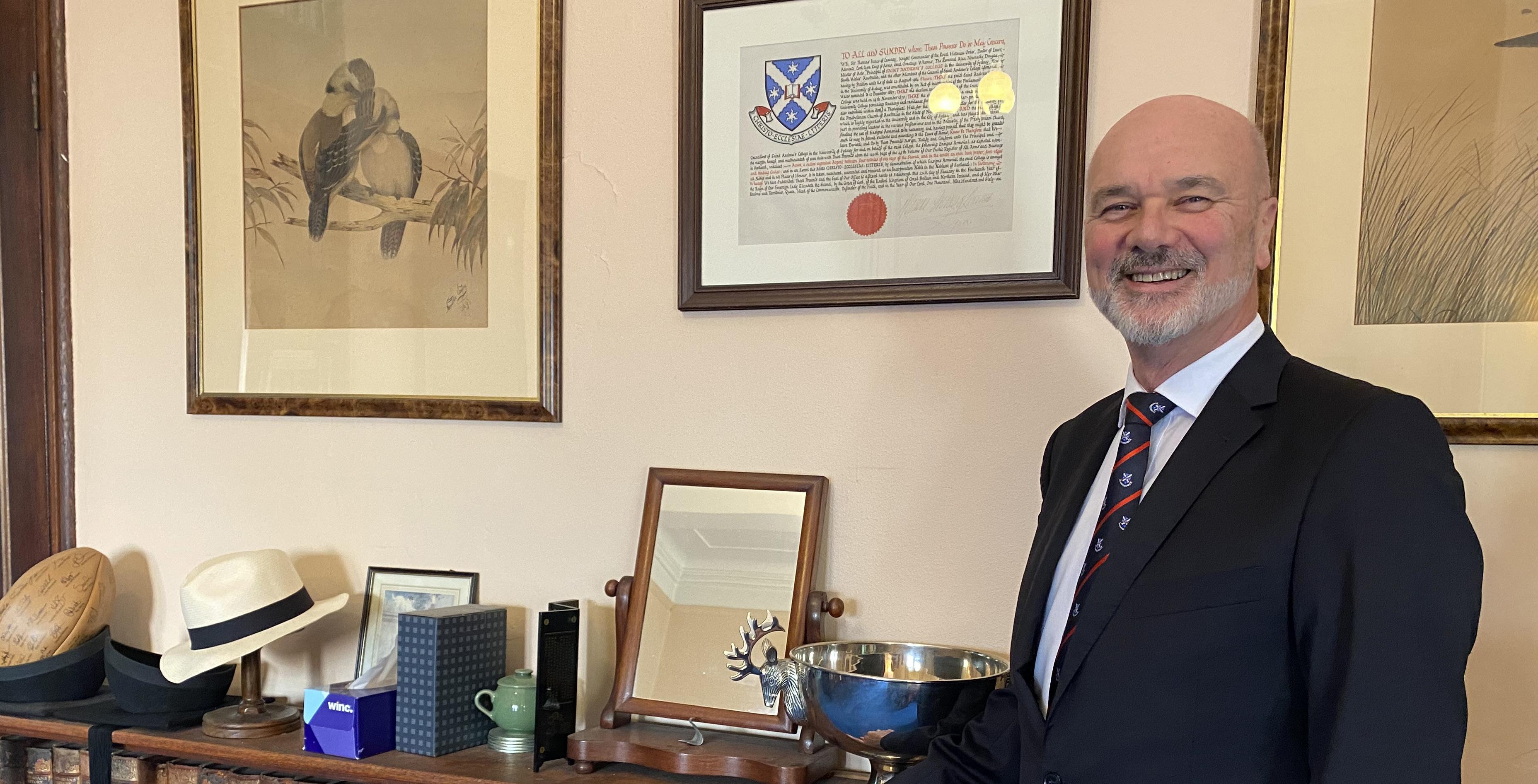BLU E & W H I T E PAG E 2 8
Drew's News: Turning back the clock: The Renaissance of 70s and 80s music When Queen frontman Adam Lambert recently released his new solo album, he turned more than a few heads. Gone were the days of his unashamedly flamboyant pop songs that provoked American television audiences and propelled his postAmerican idol career. Gone were the days of him channelling his inner Lady Gaga on Glee. Instead, this was a very laidback, sultry sound far different from anything we had heard from him before. “I wanted to put something out that would wipe the slate clean. A new beginning and a new era,” he told NME. Except, it was only really a new era for Lambert. In channelling the funky sound of the 70s, Lambert placed himself in a long line of current artists who are returning to the music of yesteryear for inspiration. Whilst this might be a logical transition for a man who currently fronts one of the biggest 80s rock bands ever, other artists are also doing similar things. MIKA, most famous for his brash pop hit “Grace Kelly” also returned to the spotlight with an 80s-inspired pop song “Ice Cream” (complete with retro music video). British singer, Sam Smith burst onto the scene with their dulcet tones and soulful approach to modern pop music and now, they have moved into covers of 70s and 80s music which garner tens of millions of views on YouTube. The message is clear: even with young audiences, 70s and 80s music sells. But why? First, the 70s and 80s are the decades that revolutionised the music industry. As the Western cultural sphere shifted dramatically over these two decades, the music industry arguably evolved even more. For the first time, pop stars were recognised for having “the whole package” rather than just being a singer on a record. The flamboyance of stars like Elton John, George Michael and Freddie Mercury lifted their status from “incredible singer” to “living legend.” As the first period where performers were truly revered, it is only natural that it forms a special place in music culture. As such, this era of music has such an aura and indeed nostalgia associated with it and today’s stars are savvy enough to take advantage of the surrounding hype and use it in their music. Second, the music of the 70s and 80s coincided with the rise of the digital age. Sure, there were music videos from
before this period and if you look hard enough on YouTube, you can definitely find concert and film recordings of songs dating back to the Golden Era, but this generation of music was the first to be purposefully produced for the small screen. This means that the content is really the first content that has been packaged in a way accessible for modern-day audiences. Take a look at old 80s music videos on YouTube. Many of them have hundreds of millions of views. Even though they were not created with the shareability of social media in mind and do not have the initial wave of promotion that new videos have, they still attract a huge following due to their role in kickstarting a new generation of music and often, their novelty. Third and most importantly, these eras are commonly associated with rebellion and reaction. Music and society were both overhauled in this period and this is something that people want to associate with. The 70s and 80s provided a diversity of sound and content that just cannot be matched



